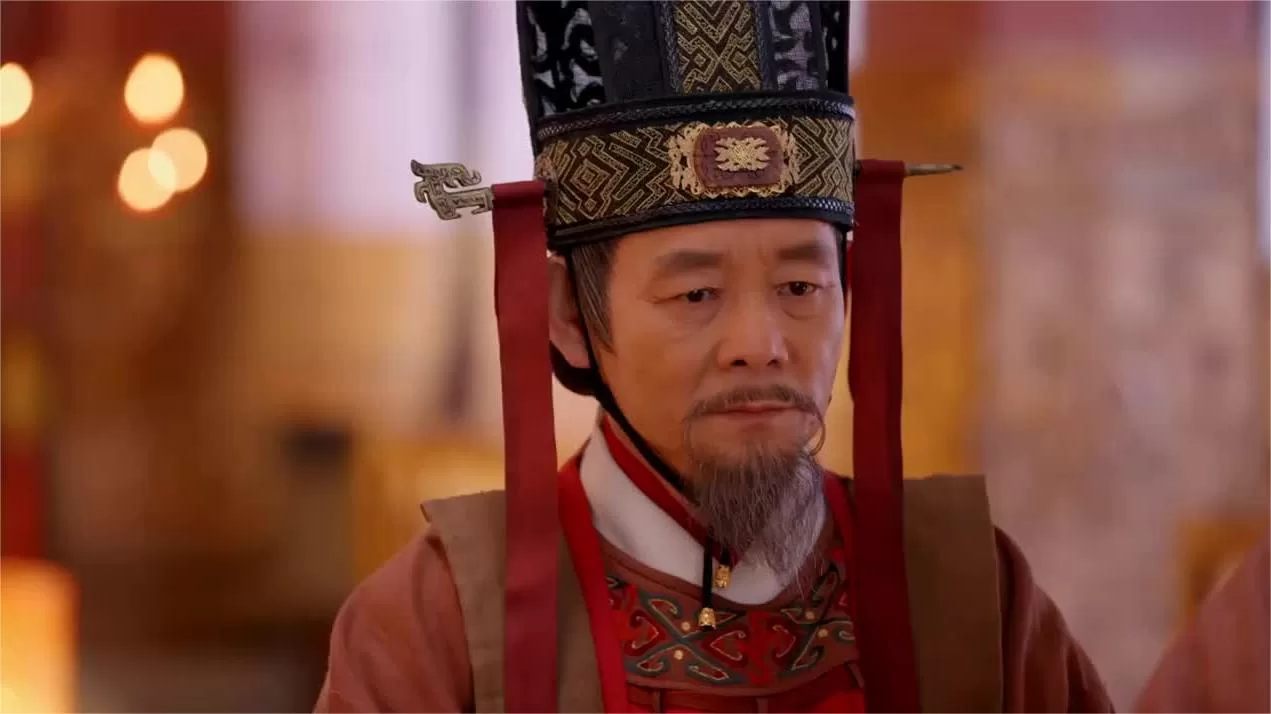Weizheng (魏徵) was a prominent Chinese official during the Tang dynasty (618-907 CE). He was born in the year 580 CE in what is now modern-day Shaanxi province, China, during the Northern Zhou dynasty. He grew up during a time of great social and political upheaval, with various factions vying for power in the region. Despite this, Weizheng displayed remarkable intelligence from a young age, and his talents did not go unnoticed.
In 617 CE, the Tang dynasty was founded, and Weizheng became one of its early officials. He quickly rose through the ranks and became a trusted advisor to Emperor Taizong (r. 626-649 CE). Weizheng’s talent for administration and his insightful political advice helped shape the Tang dynasty’s policies and establish it as a powerful and prosperous empire.
One of Weizheng’s most significant contributions to the Tang dynasty was his involvement in the creation of the Tang legal code. This comprehensive legal system replaced the patchwork of local laws that had been in place before the Tang dynasty. Weizheng played a key role in drafting this code and helped to ensure that it was fair and equitable for all members of society.
In addition to his work on the legal code, Weizheng was also a prolific writer and historian. He wrote several influential books, including the “Jin Shu” (晉書) and “Bei Shi” (北史), which were histories of the Jin dynasty (266-420 CE) and the Northern Wei dynasty (386-534 CE), respectively. Weizheng’s writings were highly respected for their accuracy and attention to detail, and they remain important historical sources to this day.
Weizheng was also known for his advocacy of Confucianism, which he saw as the foundation of a strong and just society. He believed that rulers had a duty to follow the teachings of Confucius and to govern with benevolence and righteousness. He was critical of the excesses and corruption that he saw in some members of the Tang court, and he spoke out against these abuses in his writings and in his interactions with the emperor.
Despite his many accomplishments and his reputation as a wise and just official, Weizheng’s career was not without controversy. In 643 CE, he was involved in a dispute with another official, Li Yifu, over a proposal to reduce the number of soldiers in the Tang army. Weizheng believed that this reduction was necessary to prevent the army from becoming too powerful and potentially threatening the stability of the empire. Li Yifu, however, saw the proposal as a threat to his own power and opposed it. The dispute escalated, and Weizheng was eventually demoted and exiled to a remote region of China.
Despite this setback, Weizheng continued to work for the betterment of the Tang dynasty. He remained in exile for several years but was eventually recalled to the capital and reinstated to his former position. He continued to advise the emperor until his death in 643 CE.
Weizheng’s legacy as a wise and just official continues to be celebrated in China to this day. His writings and historical works remain important sources for scholars of Chinese history, and his advocacy of Confucianism continues to influence Chinese culture and society. Weizheng is remembered as a model of integrity and dedication to public service. His contributions to the Tang dynasty helped establish it as one of the most prosperous and culturally vibrant periods in Chinese history.


